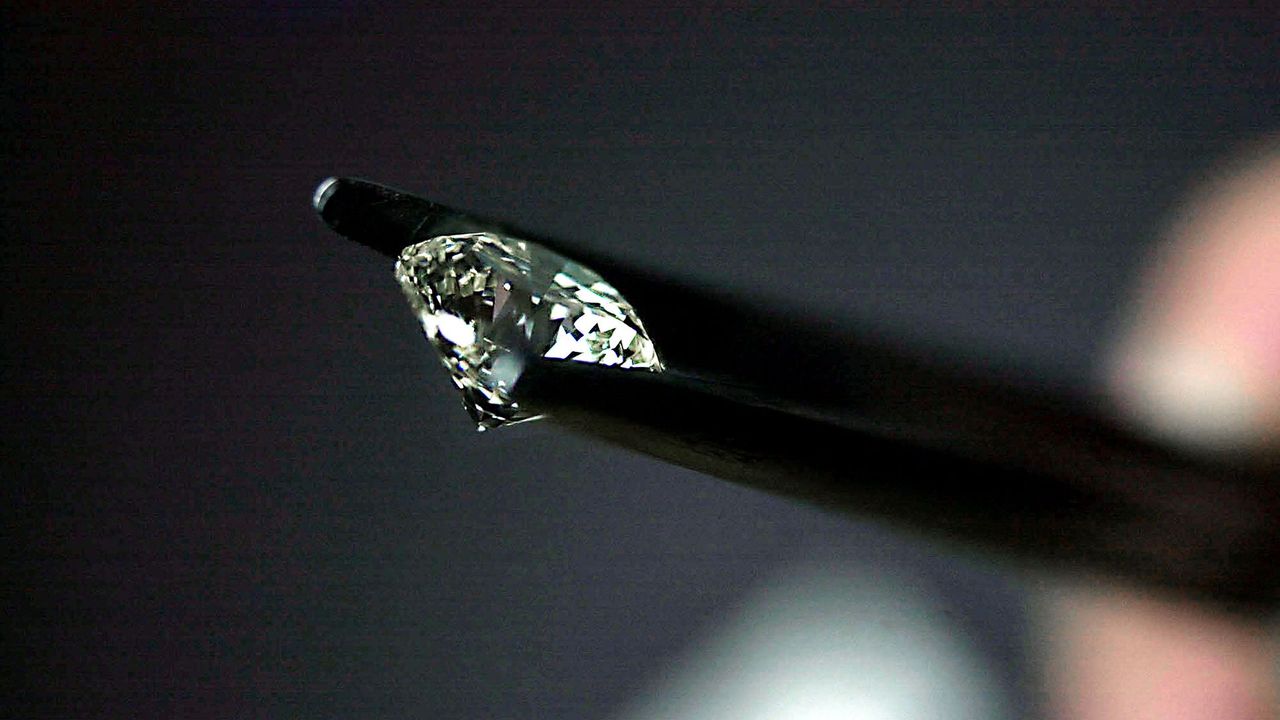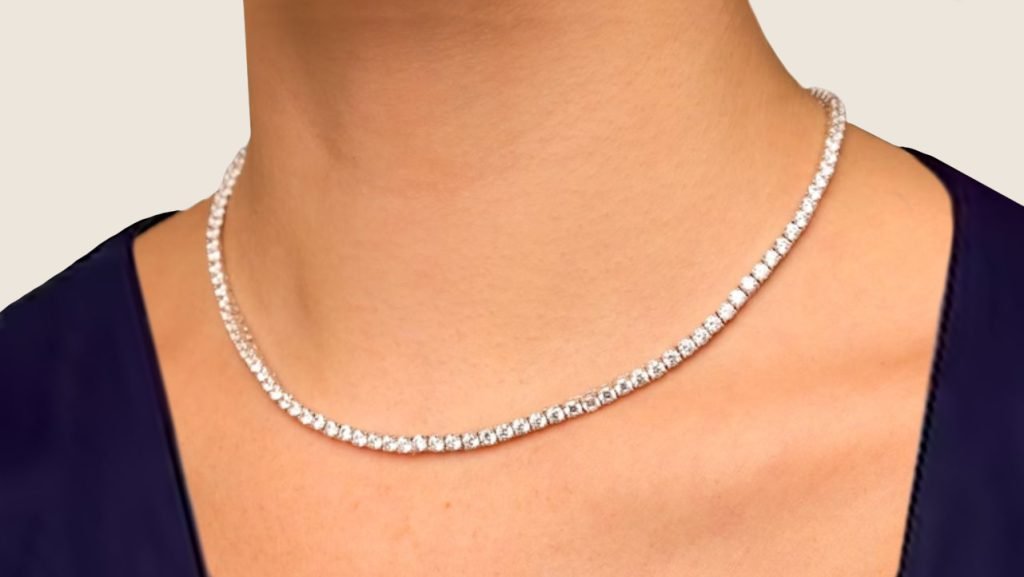Car insurance isn’t as complicated as some other types of insurance like life insurance. However, that doesn’t mean that every aspect of car insurance is common sense.
In fact, it can still be confusing if you aren’t familiar with the terminology used by car insurance companies to explain coverage options. For example, comprehensive vs. collision auto insurance can be confusing to separate.
What is comprehensive coverage, and how is it different from collision cover? Keep reading today to learn more about which auto insurance coverage you need for your vehicles at this time.
Table of Contents
What is Comprehensive Coverage?
Comprehensive car insurance policies cover damages caused by situations other than your car colliding with something else.
For example, a tree branch breaking off and falling on your car would fall into the comprehensive policy coverage category. Another situation that would be covered would be if your car is stolen and damaged by the thief; these repairs would be covered under a comprehensive policy.
Comprehensive covers many different situations, some which you probably would never imagine can even affect your car. Some additional examples include:
- Severe weather, such as a tornado or hailstorm
- Theft or vandalism
- Fire damage
- Animal impact collisions
- Windshield cracks
- Objects falling onto your car
Comprehensive coverage plans generally have some type of deductible. A deductible is what you have to pay down first before your insurance will add in any coverage. If the repairs are going to cost $800 and you have a $500 deductible, the insurance will cover the remaining $300 under a comprehensive plan.
If you have a high deductible plan, minor damage such as a cracked bumper won’t be covered under your plan in most situations. This is something to keep in mind when determining if you want to invest in comprehensive coverage or not.
Comprehensive coverage plans are great for protecting your car even when you aren’t driving it. Your car could be damaged while it is parked in your office parking lot due to severe weather, and the financial damage would be limited if you have comprehensive coverage in place.
What is Collision Coverage?
On the other side of car insurance coverage is collision coverage. Collision coverage policies cover damages to your car caused by a car accident. This collision can be with another car or a single-car accident.
Collision policies typically cover the following types of damage:
- Crashing into another car
- Another car crashes into you
- Another car hits you while parked
- Car flipping over
- Crashing into a stationary object, like a tree or pole
- Crashing into a ditch
- Hit-and-run accidents
Just as comprehensive coverage policies generally have a deductible, collision car insurance plans also have a deductible. Beyond this amount, your policy will kick in to cover any additional repairs or losses. Plans with higher deductibles have more affordable monthly payments, but there is also more than you would be responsible for upfront if in an accident.
Collision insurance is key for handling the expensive repairs that can result from car accidents. Having this coverage in place allows you to make repairs to your car quickly after an accident rather than waiting on the other driver’s insurance to review the claim and determine fault.
Even if the other driver is at fault and has insurance, your own insurance company will help to cover costs and eventually reimburse you, which is generally a faster process.
Comprehensive vs. Collision: Highlighting the Differences
Discerning the differences between collision vs comprehensive coverage options is relatively straightforward once you know what the terminology is representative of. Now that you have learned about those differences, take another minute to pay attention just to the differences between these two essential types of coverage.
The major difference is the cause of the damage. Collision damage covers multi- and single-car accidents while comprehensive coverage handles everything not caused by a collision, such as theft.
Both plans can have deductibles, and both plans will have a lot of specific details about what coverage is or is not included in the policy.

Photo by Clark Van Der Beken on Unsplash
Which Type of Coverage is Right for Me?
The type of coverage necessary for your situation is going to depend on a lot of factors, including your car’s value, your ability to pay for repairs, and how much peace of mind you want to have when driving.
For example, you might not want to have to worry about your insurance. If you want to avoid a fight with your insurance company over a totaled car, you’ll want to make sure that your policy will cover even the worst-case scenarios.
Most states require you to carry basic liability coverage so that any car you hit will be covered to some extent, but few require anything beyond this. You may be required to have both collision and comprehensive coverage if you get a loan or lease a car.
Generally speaking, you should invest in comprehensive and collision coverage if you would not be able to pay for repairs or the cost of a new car in the case something happens to your car. However, do not get these types of coverage if your car is worth less than the annual cost of premiums and your deductible.

















